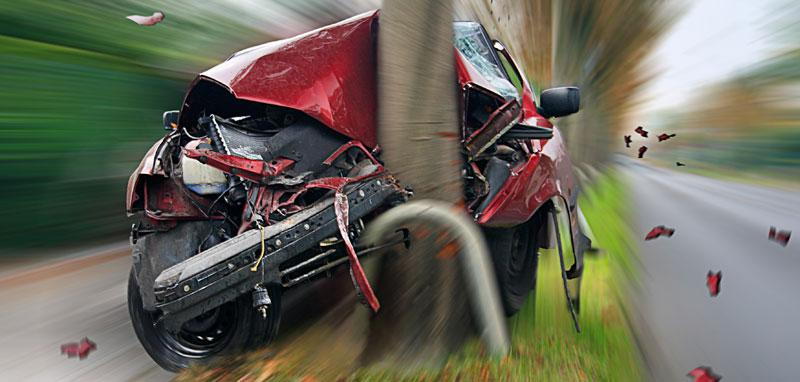Can I Sue a Good Samaritan for Personal Injury in New Jersey?
- posted: Jan. 15, 2018
 The Biblical term “Good Samaritan” is used to refer to a person who stops to give aid to an injured stranger. Under the common law of the United States, there is no legal duty to provide assistance to anyone during an emergency, unless a duty of care already exists. But most Americans believe rendering aid to be a good thing, so all 50 states and the District of Columbia have passed some type of Good Samaritan law to provide protection from liability when efforts at assistance produce negative consequences.
The Biblical term “Good Samaritan” is used to refer to a person who stops to give aid to an injured stranger. Under the common law of the United States, there is no legal duty to provide assistance to anyone during an emergency, unless a duty of care already exists. But most Americans believe rendering aid to be a good thing, so all 50 states and the District of Columbia have passed some type of Good Samaritan law to provide protection from liability when efforts at assistance produce negative consequences.
So, let’s imagine you are driving your car and swerve to avoid an animal, smashing your car against a tree. A passerby stops to render first aid and sees steam rising from your radiator. Thinking your car is on fire, the passerby attempts to extract you from the car. The movement causes spinal injuries that leave you partially paralyzed below the waist. Can you sue the Good Samaritan?
Under New Jersey’s Good Samaritan Act, NJSA §2A:62A-1, a person who acts in good faith to render emergency care at the scene of an accident is immune from civil liability. In our example, the court must decide whether the passerby acted “in good faith” and whether what they did constituted “emergency care.”
The legal phrase “good faith” is used often, but still lacks a firm definition. Courts generally interpret good faith to be the opposite of bad faith, which is either intentional criminality or an absence of concern for the law. Thus, in this context, good faith would be anything other than gross negligence or deliberate harm.
The passerby certainly did not intend to harm the victim. But was it gross negligence to move the victim? A reasonable person knows not to move someone who may have broken bones or internal injuries, except in dire emergencies. If the car was truly on fire, removing the victim might have been a risk worth taking. But there was no fire, only steam. So, did the passerby panic unnecessarily and perform an act that was grossly negligent?
These are questions a judge or jury would decide based on a close examination of all the facts. But as to the question we started with, yes, you can sue a Good Samaritan. But only if he wasn’t good.
If you’ve been injured due to someone’s negligence in Bergen County or anywhere in New Jersey, consult an experienced personal injury attorney at Seigel Law as soon as possible. Contact us online or call 201-444-4000 today for a free case evaluation.

